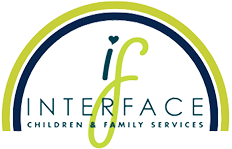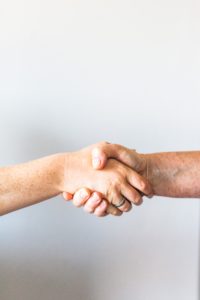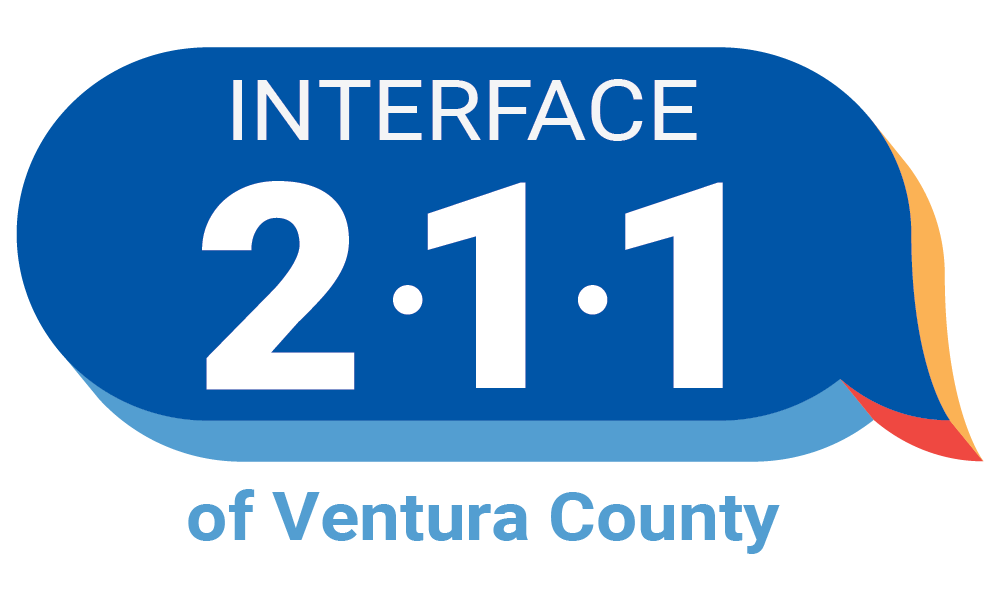As I reflect during this time of quarantine, a phrase that I’ve found of interest is the metaphor of being on “lock down.” It evokes a prison image, and we talk about being “set free,” as though comfortable and safe homes are a punishment rather than a gift.
April was Second Chance Month, a month in which we celebrated formerly incarcerated men and women who have set out to create better lives and to flourish as contributing citizens. It’s a month designated to raising awareness of the collateral effects of a criminal conviction. For the men and women who have left American prison systems, the world has changed, now more than ever, and it is difficult to navigate. We know that incarceration places additional health risks, family burdens, stress, and financial worries on individuals and families in the system; this is especially salient during the present pandemic. Many of those who are released reenter the system because the desperation of their circumstance drives them back to old habits like coping with substances, seeking help from old “friends,” or selling whatever they can to feed their families.
Let’s hear from Nathaniel*, a young man who took initiative to seek out solutions necessary to begin the new life required of him. Nathaniel just achieved one month of sobriety during the COVID-19 crisis. He has had no access to AA/NA meetings in his area. Despite his past efforts to cope using substances, Nathaniel has chosen a healthier path. He said that he wants to “…lean into the services being offered to me, because well, there is no better time to just get my life back.” He shared, “My life has always been filled with challenges, no one helping me, no one looking out for me, just living a life that was hard. I began to see that as times got hard for everyone, not just me, that I then realized how many people at Interface are here to support me. It made me realize that I am far better off than some other people, so I shouldn’t waste that.”
Nathaniel isn’t part of a small group of people. While California’s incarceration rate is declining, the United States locks up more people than almost any other country in the world. Recent decisions to release misdemeanants from local jails brings more attention to the circumstances for those caught up into the justice system. Reintegration is hard. Interestingly, Interface is experiencing increased engagement with reentry clients as we’re now providing support and treatment via Zoom video sessions and other “remote” methods due to COVID-19. Normal barriers to participation like transportation trouble or work schedule concerns are removed with social distancing mandates, and the need for support has never been higher. Our team has been able to support basic needs for our clients – clothing, food security, assistance with benefit support applications – which has created space for them to focus on their reintegration into society. Here at Interface, our evidence-based practices are showing success in supporting returning offenders as they rejoin families and communities. These practices include case management and Moral Reconation Therapy to reduce recidivism, a technique that shows significant and consistent effects in helping previous offenders stay out of the justice system. We have seen no new arrests during COVID19 for our active and engaged clients, and all active clients pre-pandemic have remained active throughout.
We have repeatedly proven that community-based interventions are successful. Interface has done its part to join with other reform-minded leaders to move our systems of justice into a new era. Yes, there is accountability for one’s actions, but there are also research-proven methods to achieve lasting “second chances.” And with those lasting changes, we gain all the societal and family benefits that justice reform can bring.
Change is not only possible, but we have demonstrated here in Ventura County that justice reform is lasting and it’s even cheaper. For our friends who were in actual “lock down” and have been “set free,” we’re seeing that are they in fact making the most of the second chance they’ve been given.
With respect and compassion,

Erik Sternad
Executive Director
Click here to donate or call (805) 485-6114.





